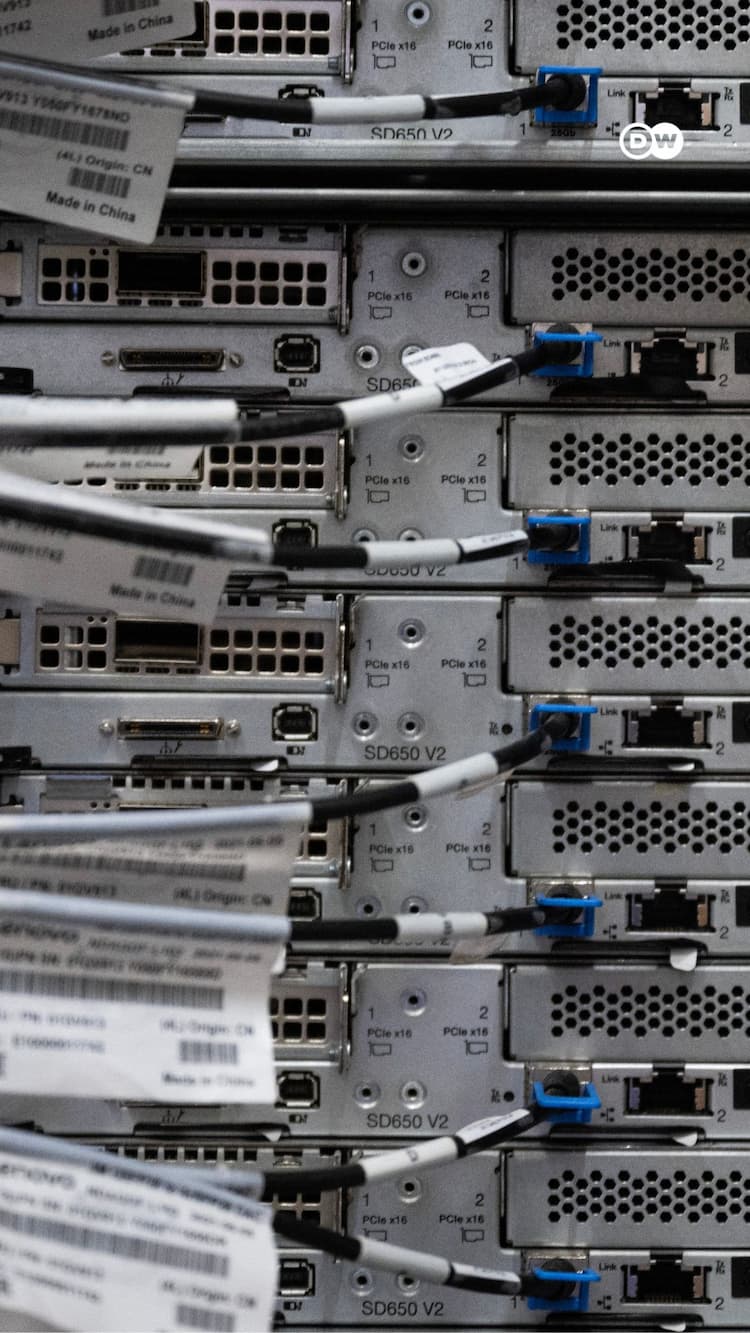AI just got hands: Meet the robot that folds laundry
Imagine walking into your home after a long day, only to find your laundry folded, your coffee brewed, and the house spotless—all done by a humanoid robot. Sounds futuristic? Well, that future might be closer than we think.
Enter Neo Gamma, the latest creation from Norwegian robotics startup 1X. This humanoid robot isn’t just another gimmicky tech prototype—it’s built with a purpose. Unlike industrial robots from the likes of Tesla or Boston Dynamics, Neo Gamma is specifically designed for the household. 1X isn’t looking to power assembly lines. It wants to revolutionise your home life.
A household game-changer
Neo Gamma is a human-sized robot with fully functioning hands and a design built around one central principle: safety. Traditional home robots have always struggled to gain traction due to bulkiness, complexity, or the risk of unintended accidents. Neo Gamma aims to change that. Its sleek, soft body and AI-powered decision-making system are engineered to operate safely and intuitively around people, pets, and furniture.
And it’s not just about folding clothes. 1X is teaching Neo Gamma to handle common domestic tasks like making coffee, tidying rooms, loading dishwashers, and even learning your daily habits. It's smart, adaptive, and constantly improving through machine learning.
Backed by OpenAI—and big ambitions
What gives 1X a major edge is its backer: OpenAI, the guys behind ChatGPT. This partnership brings deep learning capabilities to Neo Gamma, enabling it to understand instructions, recognise objects, and interact with humans in natural ways. OpenAI’s involvement also means that this isn’t just a robot that follows commands—it’s a system that learns, adapts, and improves over time.
But don’t expect Neo Gamma to hit stores tomorrow. While demos look promising, home robotics is still in its infancy. Ensuring reliability, safety, and affordability at scale remains a massive hurdle. Neo Gamma is currently in development and undergoing rigorous testing before it’s ready for public release.
The future of domestic AI
If Neo Gamma lives up to the hype, it could become the first humanoid robot to gain mass adoption in everyday households. It’s part of a broader push by companies to make AI assistants more useful in real-world, physical spaces—not just in your phone or computer.
The vision? A world where robots don’t just exist in sci-fi films—they fold your clothes, brew your coffee, and become as commonplace as a smartphone or smart speaker. The only question is: are we ready to share our homes with them?









